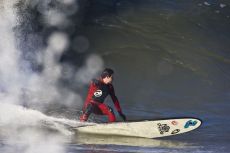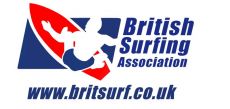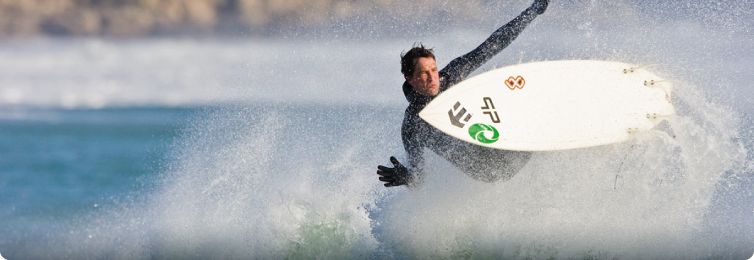Sport of the Month London Surfing
Usually surfing is associated with Hawaii and California in the United States, but don’t be fooled by the American surfer dude stereotype, there are plenty of dedicated surfers in the UK as well. Surfers in the UK span from Lands End to John O’Groats.
Don’t be misled: it may take years to become an expert surfer, but it will only take a few minutes to have a great deal of fun starting to surf.
What is surfing?
In very basic terms, surfing is a surface water sport in which a person balances on a board over the breaking ocean waves.
Surfing has been around for over 2,000 years in the Pacific Ocean. People have been surfing in the UK for a shorter period of time, however. The British Surfing Association was founded in 1966 and is the national governing body for surfing in the UK.
Why should I participate in surfing?
Surfing is a physically demanding sport. Surfing increases stamina and tones your body. Running, cycling and swimming will all help tone the muscles needed for surfing. Surfing is a balancing sport, so the more you surf, the better your balance will be.
Surfing is a physical sport and though all ages and skill levels are encouraged to try, you should be reasonably fit and be able to swim at least 50 metres in open water before planning any surfing trips.
How do I get started?
There are several surf schools in Britain, with the majority located on the West coast. The British Surfing Association website has a full listing of the approved British Surf Schools. All British Surf Schools are graded as either: Foundation, Recreational, Performance, Academy, and Centre of Excellence.
Once you find the right surf school for you, all that is left is to actually learn to surf. According to the BSA, 90% of beginners can stand and ride in their first 3 hour lesson.
The equipment for surfing is pretty simple: a surf board and a wetsuit. Beginners need larger than average boards (at least 12”- 300 mm longer than they are tall) and all boards need a suitable surf leash. Soft skinned surfboards are ideal for learning to surf. A one piece wetsuit, either a full suit or “shorty” is a must for surfing in Britain.
You should never surf without Third Party Insurance Cover, which is mandatory in some areas. Public Liability Insurance is included in membership of the British Surfing Association and covers you for claims of up to £5,000,000 anywhere in the World.
After the basic techniques of paddling, catching, riding and leaving a wave have been mastered improvements and refinements can be made. Help and advice from more experienced surfers or from a BSA Accredited Surf Coach will be very useful as will joining a surf club is an advantage and reading books and surfing magazines.
Further information
Further information about surfing and finding a surf school can be found on the British Surfing Association website at www.britsurf.co.uk.




